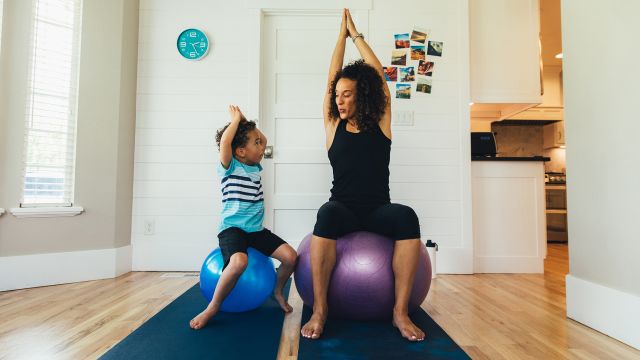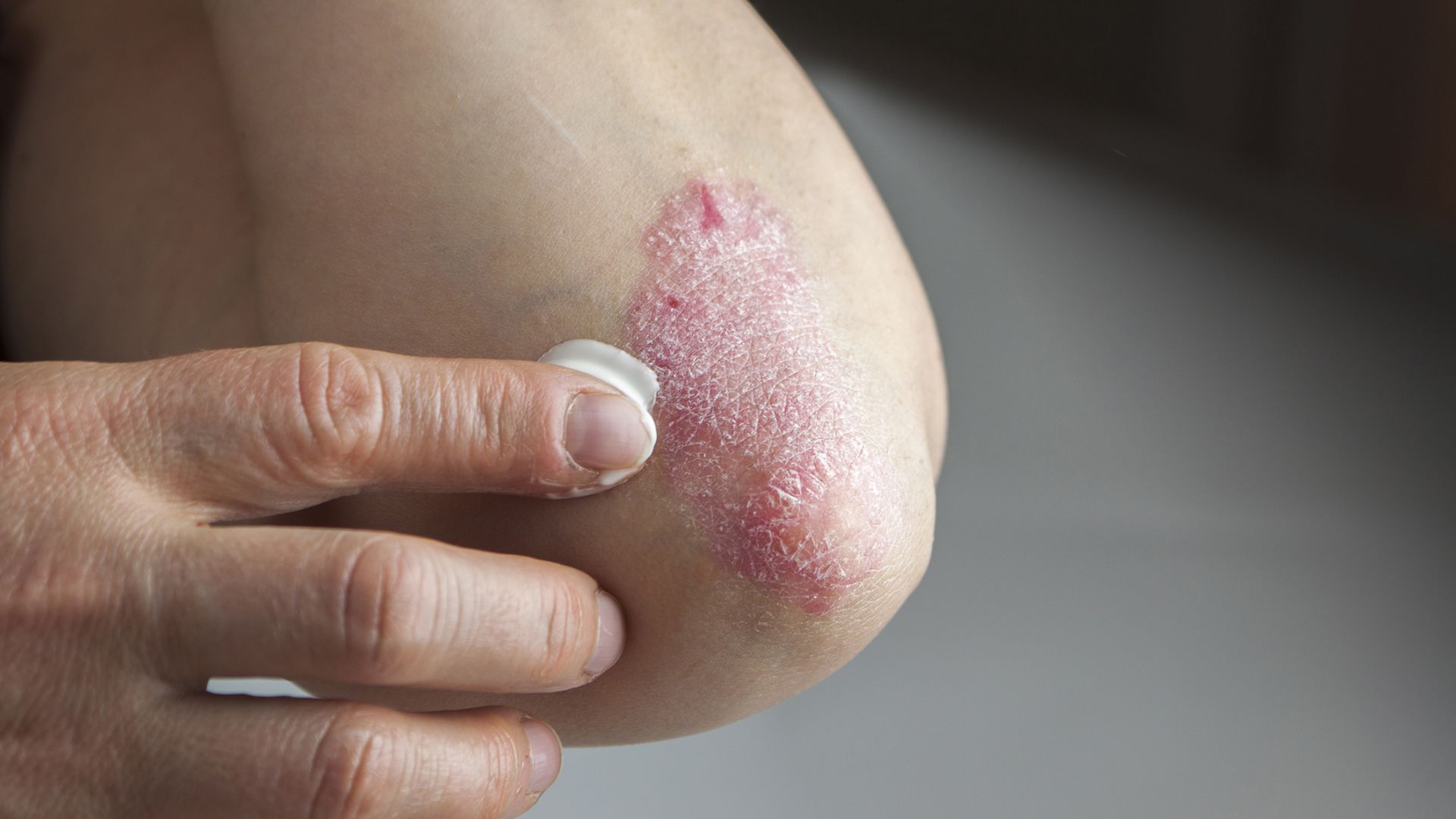Parenting can be more than a full-time job—between school, activities, homework, appointments with a pediatrician, and providing the attention and support kids need, it’s difficult to find enough time in a day to take care of yourself.
But when you’re living with a chronic condition like psoriasis, skimping on self-care is not an option. And taking care of yourself may be one of the best lessons you can teach your kids.
Here, we’ll look at some of the common concerns, pitfalls, and strategies that should be on the mind of any parent with psoriasis.
Will my child have psoriasis too?
Many people with psoriasis are concerned that they will pass the condition to their children. While having a parent (or parents) with psoriasis does increase a person’s chances of also having psoriasis, it’s important to remember that family history is a risk factor, not a guarantee. The best thing you can do for your kids is to help them with the risk factors they can control, such as eating well, being physically active, and learning healthy ways to cope with stress and negative emotions. Because you are living with psoriasis, it’s also important to teach your kids about the condition and answer any questions they have.
Parenting pitfalls
Managing psoriasis is time consuming. It requires regular, consistent habits, such as following a skincare routine, avoiding triggers, and keeping a symptom journal. It requires treatment, which may involve a combination of oral medications, injectable medications, light therapy, and healthcare appointments. It involves looking after the other areas of your health, including what you eat, how often you exercise, and how you cope with stress. Even when symptoms are in remission, it takes work—you have to keep doing all of these things and doing them consistently.
If may feel like there is not enough time for everything you need to do, or that you are being selfish by focusing on your needs instead of the needs of your children. While it’s normal to have these thoughts and feelings, it’s important to prioritize your health and your psoriasis management. Your kids need a healthy parent. They also need a healthy role model.
Setting a self-care example
Modeling regular, disciplined self-care for your children can create a great foundation for how your kids think about their health, how they treat their bodies, and empathy toward people who need their help.
Exercising regularly, eating a balanced diet, avoiding unhealthy habits (like alcohol and tobacco products), skincare, and keeping up with healthcare appointments are excellent behaviors to model for your children. You should also talk to your kids about how you manage psoriasis—and even consider making them part of your care team. For example, have them keep a calendar of when you need to go to appointments, take medications, or follow other steps in your management. Not only will this help them feel included and connected to you, it will also be teaching them skills that will benefit them throughout their lives.






